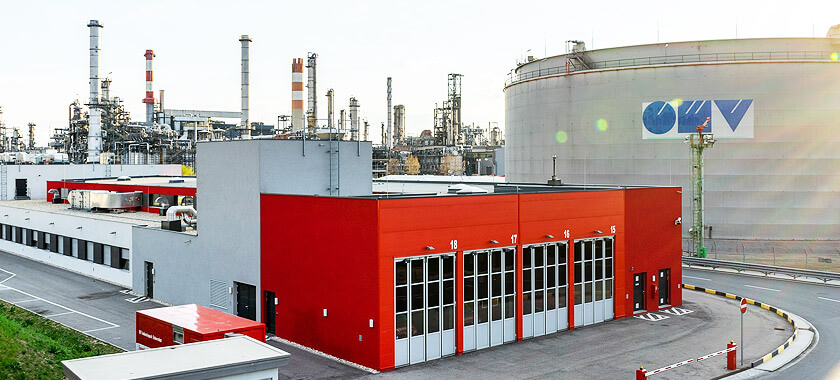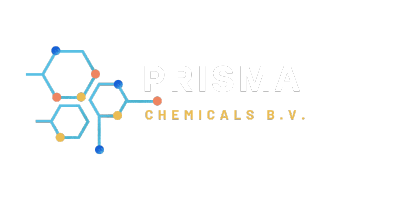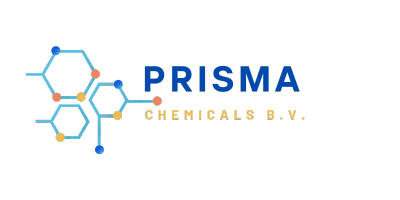Lichtenauerlaan 102/120 3062ME Rotterdam Netherlands

The chemical industry is experiencing significant transformations in 2023, driven by technological advancements, sustainability concerns, and changing consumer preferences. Let’s delve into some key trends shaping the chemical industry this year.
1. Sustainable Chemistry: As environmental concerns take center stage, the chemical industry is embracing sustainable practices. Green chemistry, which focuses on minimizing the environmental impact of chemical processes and products, is gaining momentum. Companies are investing in research to develop eco-friendly alternatives and reduce waste generation.
2. Digital Transformation: The integration of digital technologies, such as artificial intelligence, machine learning, and the Internet of Things (IoT), is revolutionizing the chemical industry. These technologies are enhancing process efficiency, predicting equipment failures, and optimizing supply chains, ultimately leading to cost savings and improved product quality.
3. Circular Economy: In 2023, the chemical industry is shifting towards a circular economy model. Instead of following the traditional linear “take-make-dispose” approach, companies are focusing on recycling, reusing, and repurposing materials. This approach reduces resource consumption and waste generation.
4. Advanced Materials: Breakthroughs in materials science are enabling the development of innovative products with enhanced properties. From lightweight and durable materials for automotive and aerospace industries to novel coatings and polymers, the chemical industry is driving innovation across various sectors.
5. Biotechnology Integration: The intersection of chemistry and biotechnology is leading to the creation of bio-based chemicals and materials. These products are derived from renewable resources and have a lower environmental footprint compared to their petrochemical counterparts.
6. Regulatory Landscape: Regulatory changes continue to influence the chemical industry. Stricter environmental regulations and standards are driving companies to adopt cleaner production methods and reduce emissions. Additionally, initiatives to ensure the safety of chemicals throughout their lifecycle are gaining traction.
7. Supply Chain Resilience: The disruptions caused by the COVID-19 pandemic highlighted the importance of building resilient supply chains. In 2023, the chemical industry is focusing on diversifying suppliers, leveraging digital tools for real-time monitoring, and adopting agile strategies to navigate uncertainties.
8. Personalized Products: Consumer demands for personalized products are extending to the chemical industry. Companies are using data-driven insights to tailor products to individual preferences, whether it’s cosmetics, fragrances, or household cleaners.
In conclusion, the chemical industry is undergoing a profound transformation in 2023, driven by sustainability, digitalization, and innovation. As the industry adapts to these changes, it holds the potential to create more environmentally friendly products, improve operational efficiency, and contribute to a more sustainable future.
Stay tuned for more updates on the dynamic world of the chemical industry in our upcoming blogs!


Leave A Comment